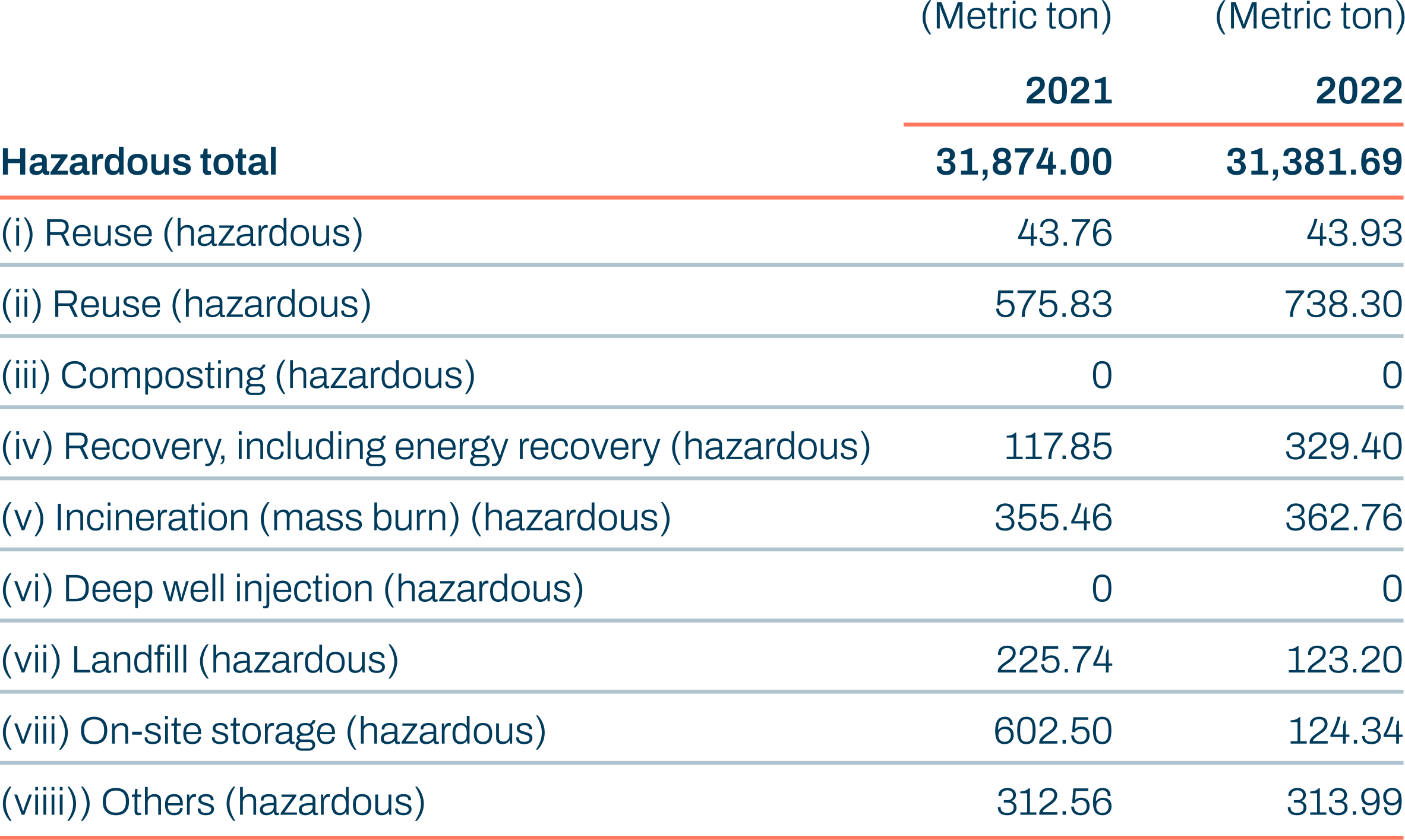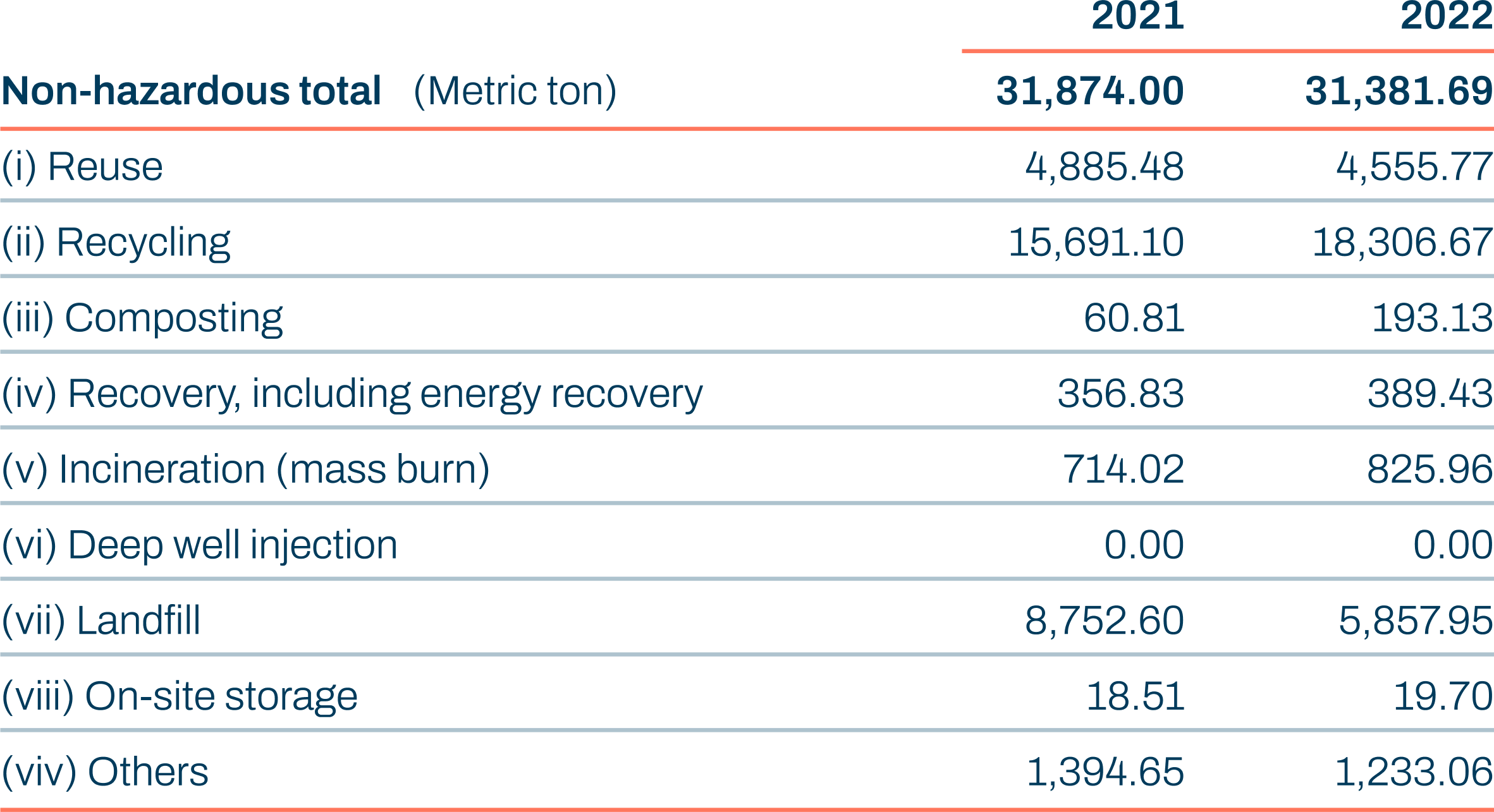Environmental
Waste Management
A key element of our business’ sustainability is how we manage the waste our company generates. This is based around four elements: Reduce, Reuse, Refurbish, Recycle.
Reduce
We work with suppliers and customers to develop reusable containers, which reduces the amount of waste generated. Our teams also work together to try and eliminate scrap production, with scrap rates now set as a monthly business KPI.
Reuse
Several elements of our business have found ways to reuse material and resources. Both of our divisions collect plastic that can be mechanically reground and reused in other products that we produce, helping us minimise waste generation and conserve raw materials.
Refurbish
Several of our plants are involved in returning slightly used or damaged wood pallets for refurbishment, prolonging the life of the pallet and reducing the need to harvest additional wood.
Recycle
Our plants have years of experience seeking out recycling opportunities for cardboard, wood, plastics and metals, supporting our significant landfill avoidance.
Our ambition
In 2022, our EHS teams established a baseline waste generation volume, incorporating both hazardous and non-hazardous waste. While we have focused on waste minimisation and reduction for years, this new baseline formalises our new targets.
We anticipate announcing these targets in 2023.
Hazardous waste generation

Non-hazardous waste generation

